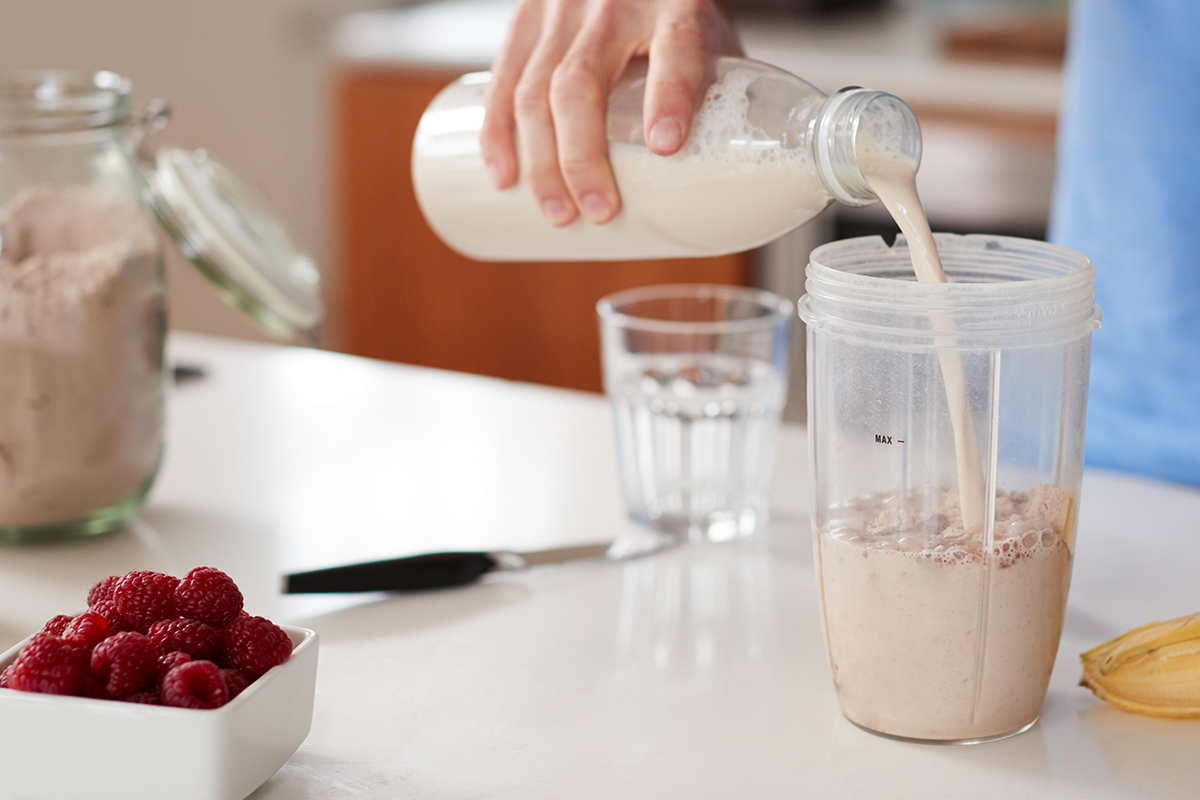
Question:
I’m hoping to get dietary advice for fat loss. I’m currently eating a Paleo diet with a smoothie for breakfast and salads with protein and maybe a sweet potato for lunch and dinner with no added sugar and plenty of healthy fats. This type of diet used to yield results for me, but now my weight and body fat percentage seem to stay the same no matter what I do. Any advice is much appreciated.
– Heather C.

Answer:
When a successful diet approach no longer works, there might be a few possibilities as to why. Depending on how long ago your last attempt was, the age-related effects on metabolism could be slowing things down. You could be close to your ideal body weight range, so your body may be trying to hold onto its fat. It could be that while you’re adhering to the same restrictions, your portions or between-meal snacking have crept up. Also, your activity level and lifestyle may not be as they were when you got results in the past.
A person can still be micronutrient-deficient in areas on any diet1, especially if your day-to-day meal plan is repetitive. One of the pitfalls to a Paleo diet could be iodine deficiency2 which can affect metabolism (via the thyroid gland). To avoid undernutrition, rely on whole foods not packaged Paleo foods, double vegetable intake beyond salad (like calcium sources: kale, spinach, cauliflower, broccoli, collard greens, Brussel sprouts), incorporate eggs and mushrooms for vitamin D, and vary your intake daily.
You may be surprised that when you’re meeting your full nutritional needs with adequate sleep and exercise, your body responds with easier weight loss!
References:
- Prevalence of micronutrient deficiency in popular diet plans. JB Calton. Journal of the International Society of Sports Nutrition. 2010 June 10: 7:24.
- A Paleolithic-type diet results in iodine deficiency: a 2-year randomized trial in postmenopausal obese women. S Manousou et al. European Journal of Clinical Nutrition. 2018. 72, 124-129.
– Debbie J., MS, RD
This article should not replace any exercise program or restrictions, any dietary supplements or restrictions, or any other medical recommendations from your primary care physician. Before starting any exercise program or diet, make sure it is approved by your doctor.
Some questions have been edited for length and/or clarity.
Ask our Dietitian
 Have a nutrition question? Our registered dietitian is ready to help!
Have a nutrition question? Our registered dietitian is ready to help!
Email nutrition@lafitness.com or submit your question below and it may be featured in an upcoming article!
Recommended Reading - Q+A
Nutritious Green Foods You Didn’t Know About
Good nutrition is all about variety! Browse through our list of unusual fruits and veggies and give yourself a chance to try something new.
Salt Grains for Muscle Gains?
Does liberally salting your food help you pump more iron in the gym? Registered Dietitian, Debbie James, investigates the claims!
How Much Protein Does Your Body Need?
One frequently asked question is about the recommended intake of protein. We hear you! Here is everything you need to know.



